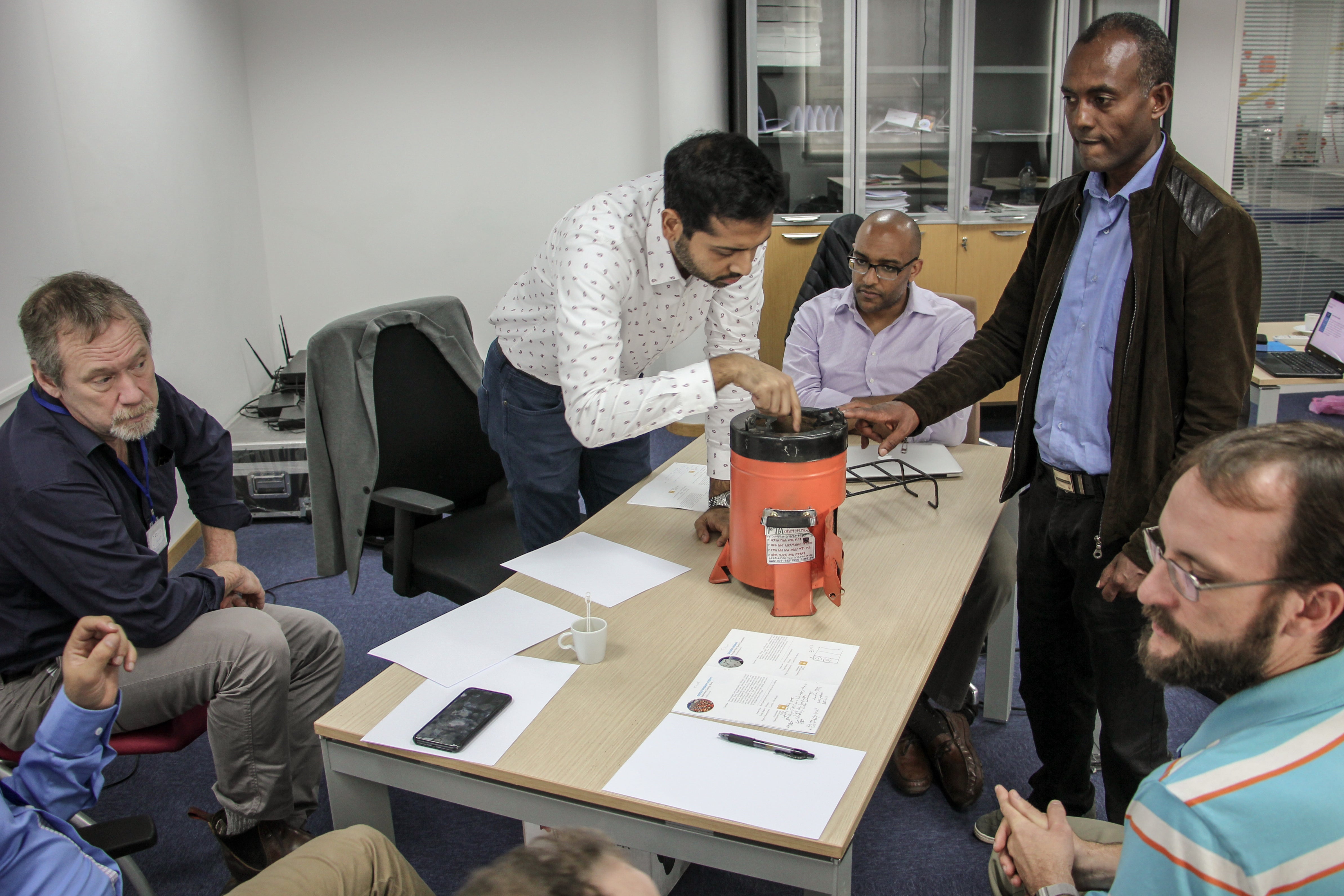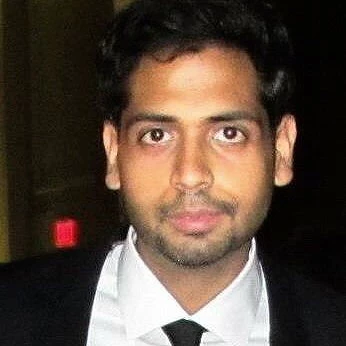
When Fatima Beraich started Biodome, a biogas company in Morocco, she wanted to create a better designed waste digester to turn organic waste into biogas as a sustainable source for power supply.
She attracted a few customers but lacked process and product design support to scale up her operations. Many green businesses like Fatima’s have products at the core of their business model– ranging from solar pumps and cooking stoves to highly innovative solutions that convert plastic bottles to energy or regenerate lead car batteries. To succeed in the market place and scale up their climate impact, these enterprises need to develop affordable technology at the leading edge of their field.
Currently, Climate Innovation Centers (CICs) supported by the World Bank’s Climate Technology Program (CTP) provide a range of incubation and business support to clean-tech entrepreneurs. The CICs, all of which are in emerging markets, have limited capacity to provide consistent quality of engineering advice- unlike their green incubator counterparts in developed countries.
To address this issue, CTP partnered with the American Society of Mechanical Engineers (ASME), a 150-year-old organization that promotes the art, science, and practice of multidisciplinary engineering and allied sciences around the globe, to pilot a “Product and Engineering Support Program.” The pilot supported eight companies from the Moroccan and Ethiopian CICs that needed help with industrial design and engineering, quality and cost control, mechanical design, and software development.
The two-stage pilot involved: i) a benchmarking analysis of the products, and ii) a multi-day workshop with local and international experts. The benchmarking analysis compared the entrepreneurs’ products with similar products and helped to highlight market competitiveness as well as engineering needs. This analysis informed the content of the multi-day workshop held in December 2018 in Casablanca, Morocco. The workshop featured a range of experts including a researcher from Philips Innovation Labs, a Silicon Valley hardware startup mentor, a design expert from IDEO and Fidelity Labs, a UI/UX designer, and other successful social entrepreneurs.
The experts worked with the companies’ founders over a two-day period providing product insights and coaching. In the workshop’s Design and Engineering Review sessions, experts worked with the companies on prioritizing their needs, delved deep into two areas, and produced a detailed action plan for each company. For Biodome, the experts suggested that Fatima perform a competitive analysis of materials being used by other organizations for the construction of the biogas chamber and investigate manufacturing options in Morocco in order to lower costs.
Another participant, Abdelhamid Khlidi of BSolar, a solar energy company that improves accessibility and processes for installing solar home systems, expressed his satisfaction with the workshop, stating, “I appreciated that the experts took the time to learn about the project before our meeting, which shows their involvement. The most important [part of the workshop] is the networking with these experts with whom I have kept contact.”
Helping clean technology companies thrive is critical to meeting the realities of a changing climate. CTP is capturing these learned lessons from the work with the Moroccan and Ethiopian CICs to determine how to scale and replicate this support to other countries with a view toward cost efficiency, effectiveness, and local expertise.


Join the Conversation